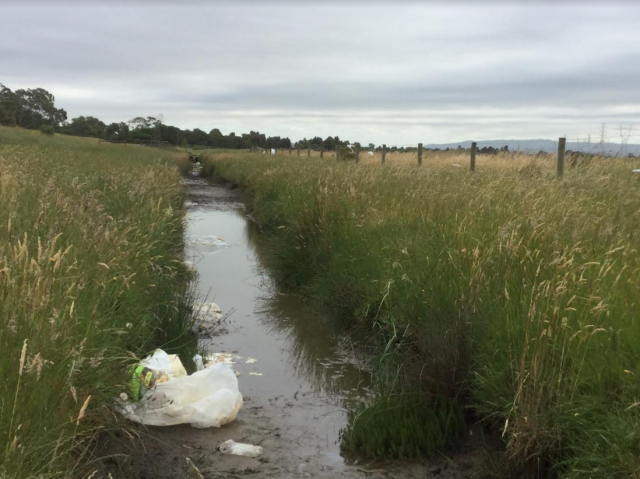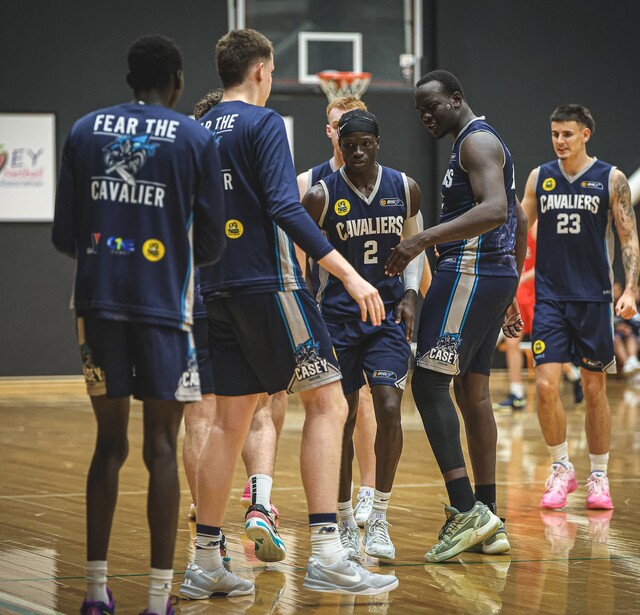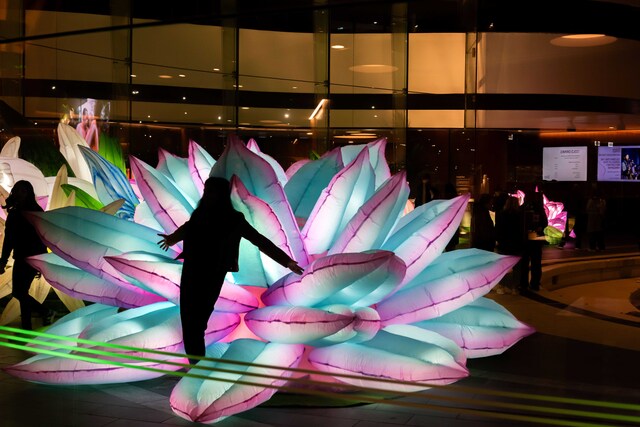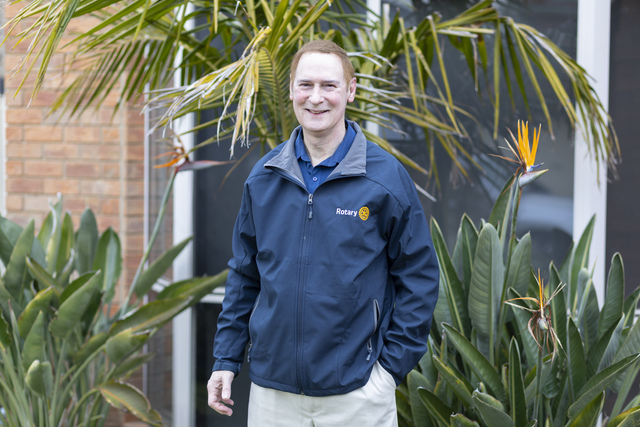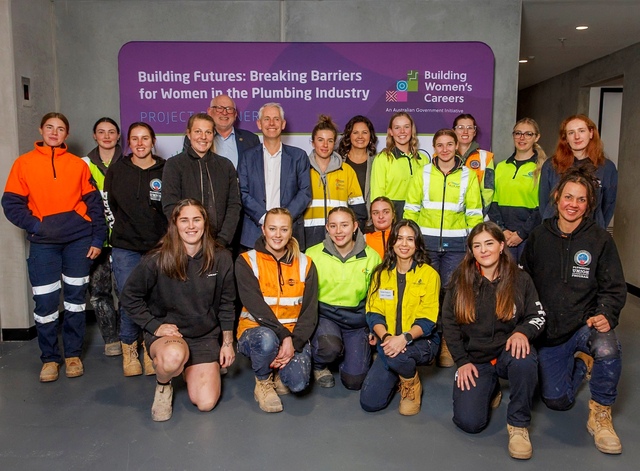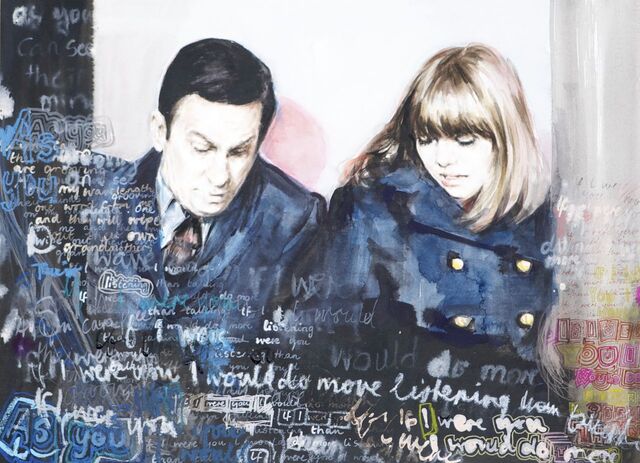I am writing this piece to offer my perspective as a refugee/migrant on Australia Day, particularly to other refugees and migrants who might have not paid much attention to the significance and debate surrounding the Australia Day.
Some folks may think that refugees and migrants are turning a blind eye to what many Indigenous people really feel about Australia Day being held on the 26 January.
On January 26, 1788, eleven convict ships (known as The First Fleet) from Great Britain landed at Port Jackson in New South Wales and there, Governor Arthur Phillip raised the British flag, essentially marking the beginning of the new British colony.
So, for some of the First Nations People, 26 January is a painful day, as it marked the beginning of the dispossession of their land and the traumatic events that followed; including the stolen generation.
I have now been in Australia for over 15 years and every year, there is fierce debate as to whether Australia Day should be held on 26 January.
However, the debate quickly fades away a week after Australia Day but for some the deep feelings and views do not fade away.
I have met Australians (both Indigenous and non-Indigenous) who choose to celebrate Australia Day and do not have an issue with it and those who do not celebrate Australia Day at all.
There are some Australians, particularly Indigenous people who would rather go to what is now call Invasion Day (26 January) protests.
I firmly believe that our national day should not be a trigger for a divisive debate every year; rather it should be a day that unites us, a celebration of everything that makes us one People and one Nation.
I have been proudly celebrating Australia Day since I became an Australian citizen on 26 January 2009. I celebrate Australia Day on 26 January because this is the only National day we have, however I’d love to celebrate a day that all Australians are happy with, united and celebrating with one accord.
As a refugee, a national day means a lot to me because I have never celebrated a national day before I came to Australia.
I was born during a civil war in Sudan where South Sudanese were fighting for independence.
I left Sudan before the war ended so I never had the opportunity to celebrate a national day while I was in my home country.
Last year, I was part of a big Australia Day celebration which brought together many refugee communities from across Melbourne.
I coordinated the event for the communities; particularly Burmese, South Sudanese and Afghan communities in Melbourne’s South East.
It was pleasing to see our refugee communities coming together on Australia Day to celebrate our diverse cultures and oneness – being Australians.
However, one thing that makes me uncomfortable about celebrating Australia Day is the division over the day – 26 January.
It is sad that some of our First Nations people, fellow citizens and the traditional custodians of the land do not celebrate with us on a day that is called a national day.
I have had the privilege of meeting and working with Indigenous people over the years and I am always struck by their generosity and friendliness.
Although they never welcomed us to Australia, they never rejected us or told us to go back to where we came from.
The most important things that we can do in turn is to respect the land, look after it and acknowledge our Indigenous people who looked after the land before us.
Let’s not make Australia Day a victim of democracy…”majority” rules in a democracy.
People who want Australia Day changed may be a tiny proportion of the Australian population but this doesn’t mean that the day cannot be changed. What we need in order to change Australia Day to another day is ‘a political gut’ and ‘honest conscience’.
Successive Australian Governments have made significant and small changes that have meant a lot to the Indigenous people. These include the National Apology in 2008 and the recent change in the National Anthem, from “we’re young” to “we’re one”.
All Australians are already acknowledging and paying their respects at the opening of every official meeting and welcome to country is performed by the Indigenous elders at every official event and ceremony.
I believe many Australians are prepared to acknowledge the truth about Australia’s history and are open to working towards achieving a meaningful reconciliation with our First Nations people.
This is vital for our children and the future migrants and refugees who will call Australia home.
In conclusion: I believe that continuing to celebrate Australia’s National day on 26 January is re-traumatising for many First Nations people.
We should not allow the continuation of such painful reminder every year.
There are many dates that we could look at to move Australia Day to.
For example, Australia becoming a nation on January 1 1901 is something worth celebrating and we could pick another day in January.
Yes, I acknowledge that changing the day alone will not address the many challenges still facing the First Nations people today. However, it is the small changes that will lead to a better and meaningful change, which will promote healing for our First Nations people.
Let’s not let the debate about Australia Day drags on for another 100 years. Let’s pick a day when ALL Australians will unite and happily celebrate as one people.
Andrew Gai is South Sudanese Australian and co-founder of the South Sudanese-Australian Academic Society Inc. Andrew is passionate about social cohesion as this is the best way to achieve a flourishing society.

